Artificial intelligence and digital twinning. Upskilling and succession planning. Data dashboards and predictive maintenance. Diminishing value perception and increasing pressure for alternative revenue. At APPA’s 2024 Thought Leaders Symposium, more than two dozen facilities management leaders from colleges and universities around the United States and Canada set aside their day-to-day responsibilities to strategize on these and many other critical issues expected to strongly influence the higher education campus of 2030.
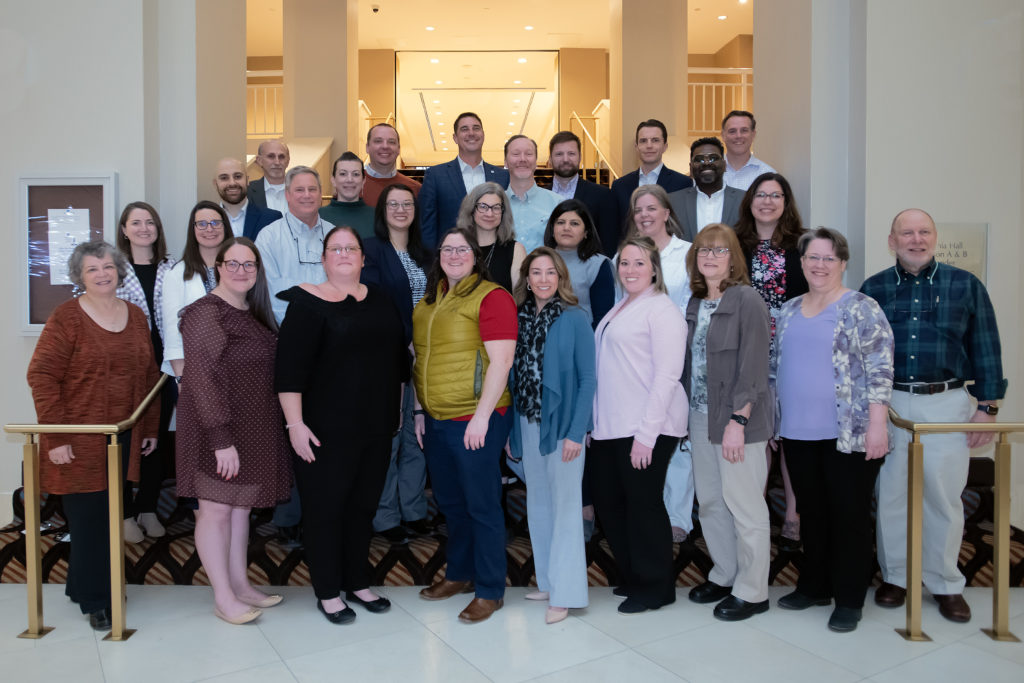
The event—the 17th in APPA’s Thought Leaders Series—took place February 26–28 in Alexandria, Virginia. Attendees were invited for their diversity of perspectives and experiences in a wide range of positions (such as chief facilities officers; architects; enrollment, human resources, and financial officers; and academic advisors) and institutions, including private liberal arts colleges, community colleges, and public universities.
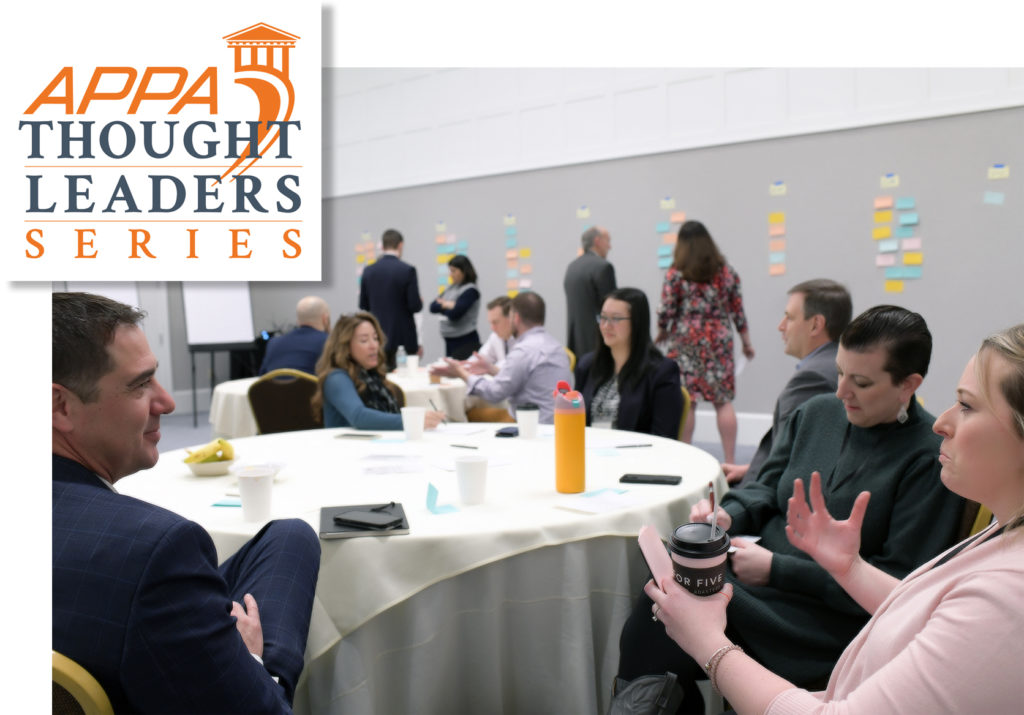
The symposium will be summarized in the 2024 Thought Leaders Report, adding to the widely influential series that has helped shape higher education and educational facilities more broadly since 2006. The 2024 report will be released this summer.
As in recent years, the 2024 Thought Leaders Symposium was sponsored by Siemens and Johnson Controls. Karen Sanchez, senior market manager of Education at Siemens Smart Infrastructure, and Russell Garcia, industry director of higher education at Johnson Controls, participated in the event.
Facilitator Larry Goldstein, a higher-ed management consultant with Campus Strategies, and program chair Keith Woodward, associate vice president of facilities operations at Quinnipiac University, welcomed attendees and guided the discussions and activities.
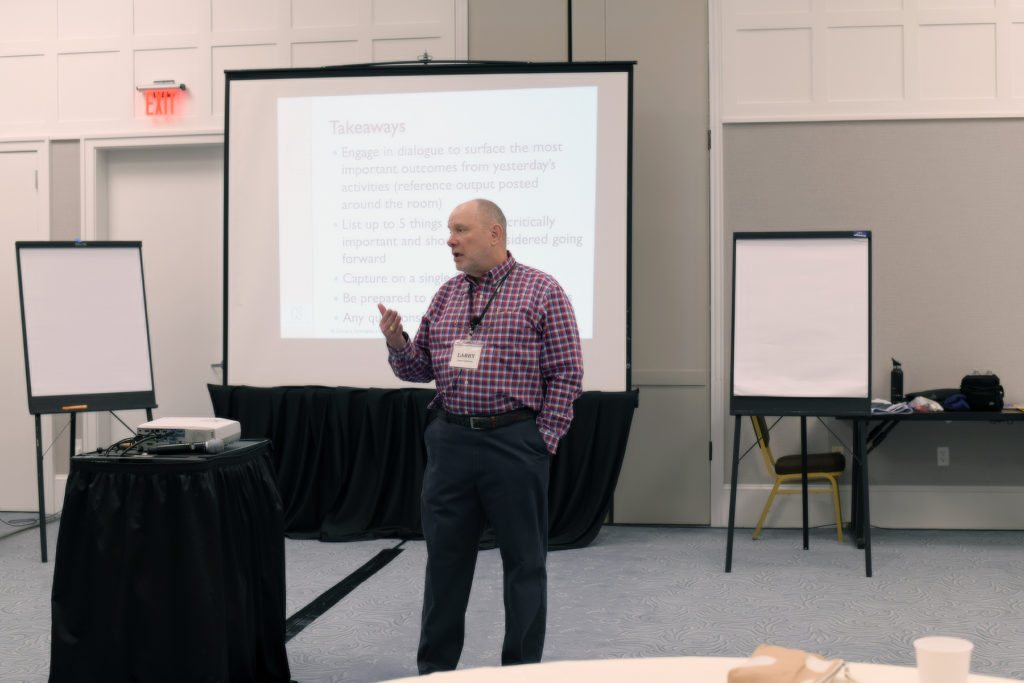
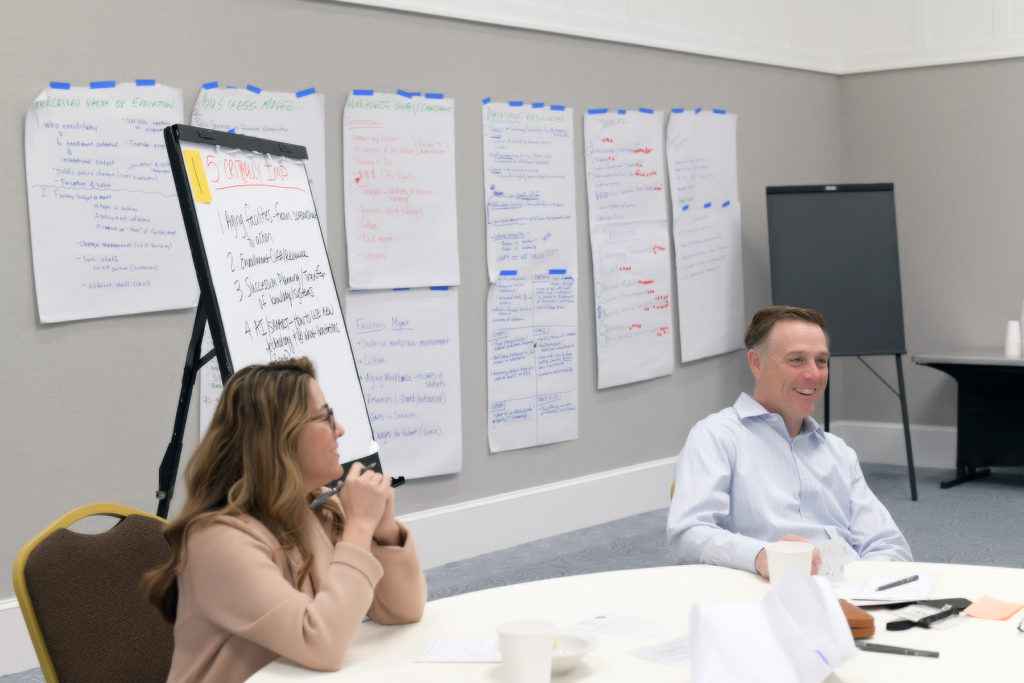
Through facilitated discussions, group activities, and presentations by subject matter experts, attendees engaged in explorations of important issues, events, and trends expected to affect higher education in the decade ahead, discussing how the current campus environment either aligns with or is ill-suited to operate in the predicted environment. Dominant themes included the sweeping impact of artificial intelligence—as a potential benefit and threat alike to a variety of campus operations—keys to training and retaining skilled professionals as the facilities workforce ages, and navigating through fiscal limitations brought on by declining enrollment trends and soaring operational costs.
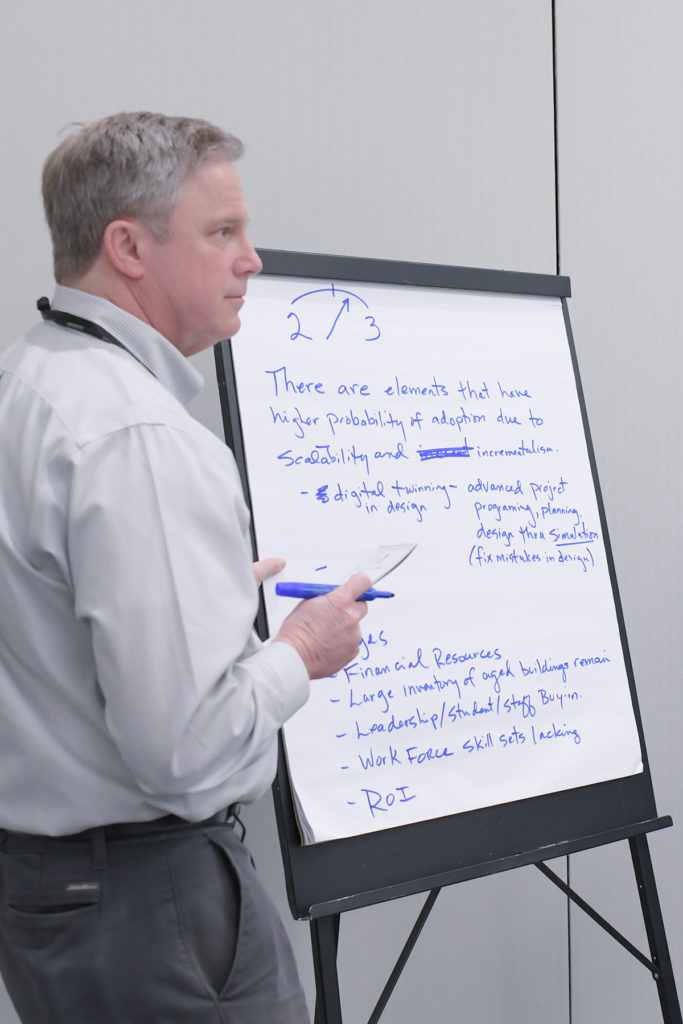

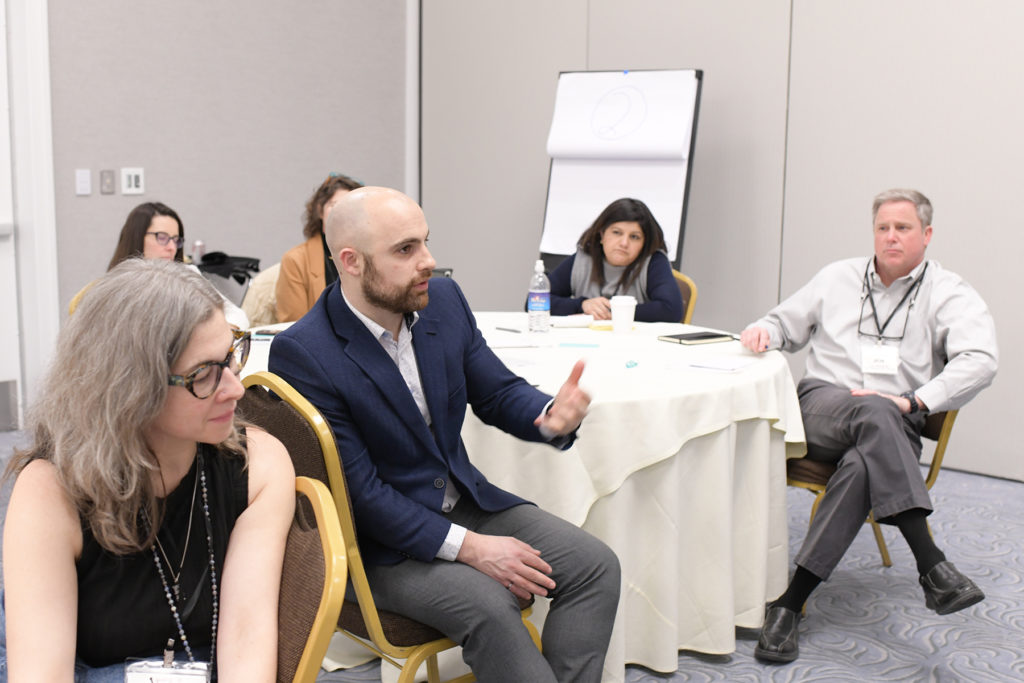
Guest presenters explored how advanced technology could influence many of these issues. In the first presentation, Johnson Controls’ Garcia previewed the anticipated environment in 2030, exploring how some campuses are already deploying artificial intelligence to help migitate or solve facility challenges using fewer people and less time.
In the second presentation, Emmanuel Daniel drew from his 12 years with Microsoft Cloud Operations and Innovation to lay out a vision for a truly smart campus transformation, including “experiential buildings” that respond to and better serve the individuals within them.
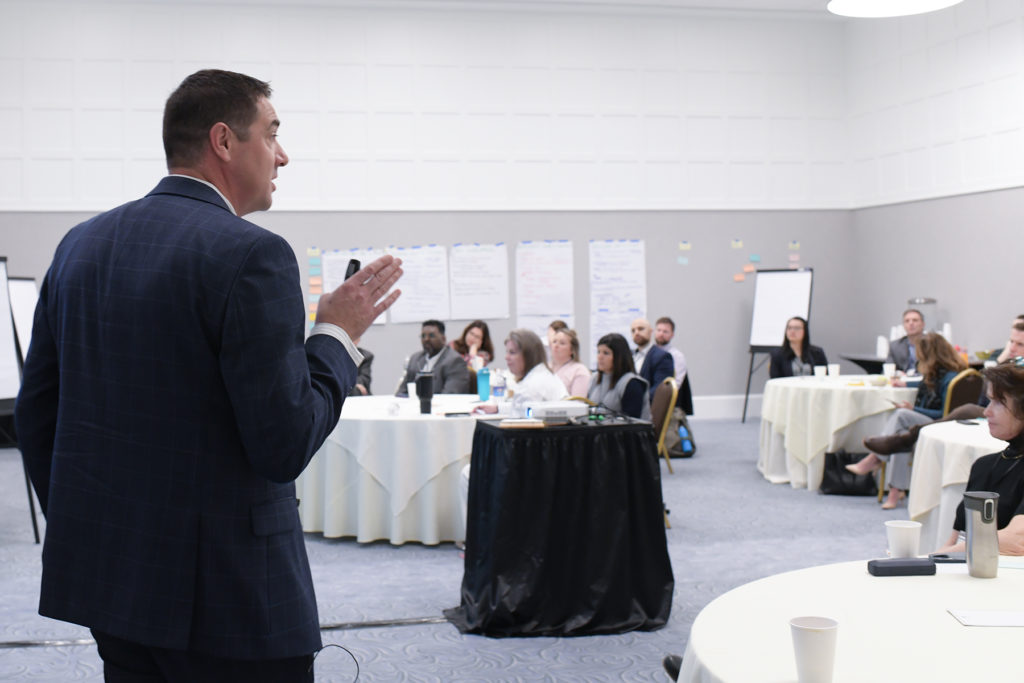
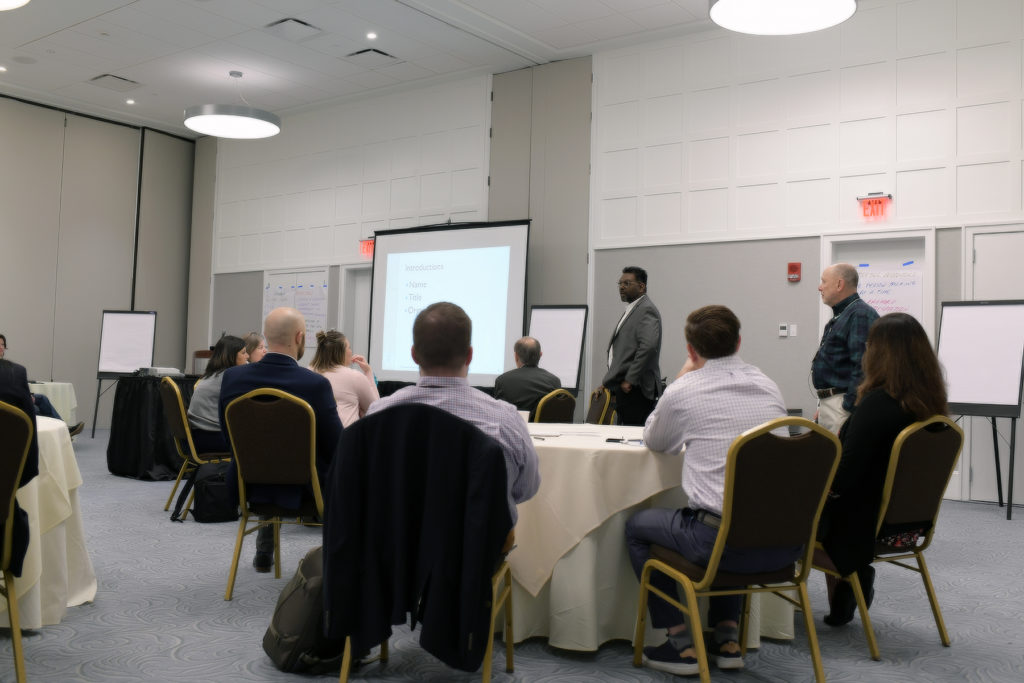
Thought Leaders participants also shared their takeaways in video interviews. APPA will share clips of these interviews in the weeks and months leading up to this summer’s expected release of the full 2024 report.
See previous coverage of the 2024 Thought Leaders Symposium.
Read more about the Thought Leaders series and download reports from previous years.
 Create an Account
Create an Account
 Login/myAPPA
Login/myAPPA
 Bookstore
Bookstore
 Search
Search  Translate
Translate 

